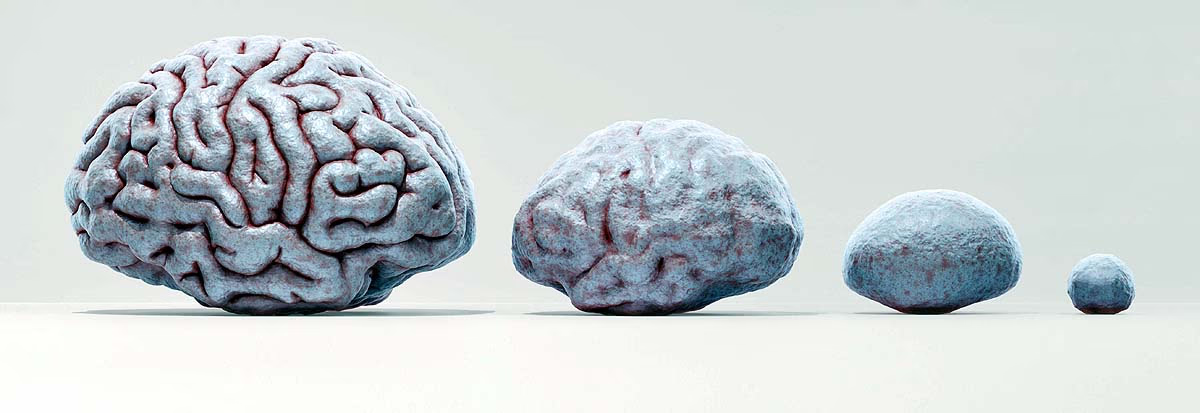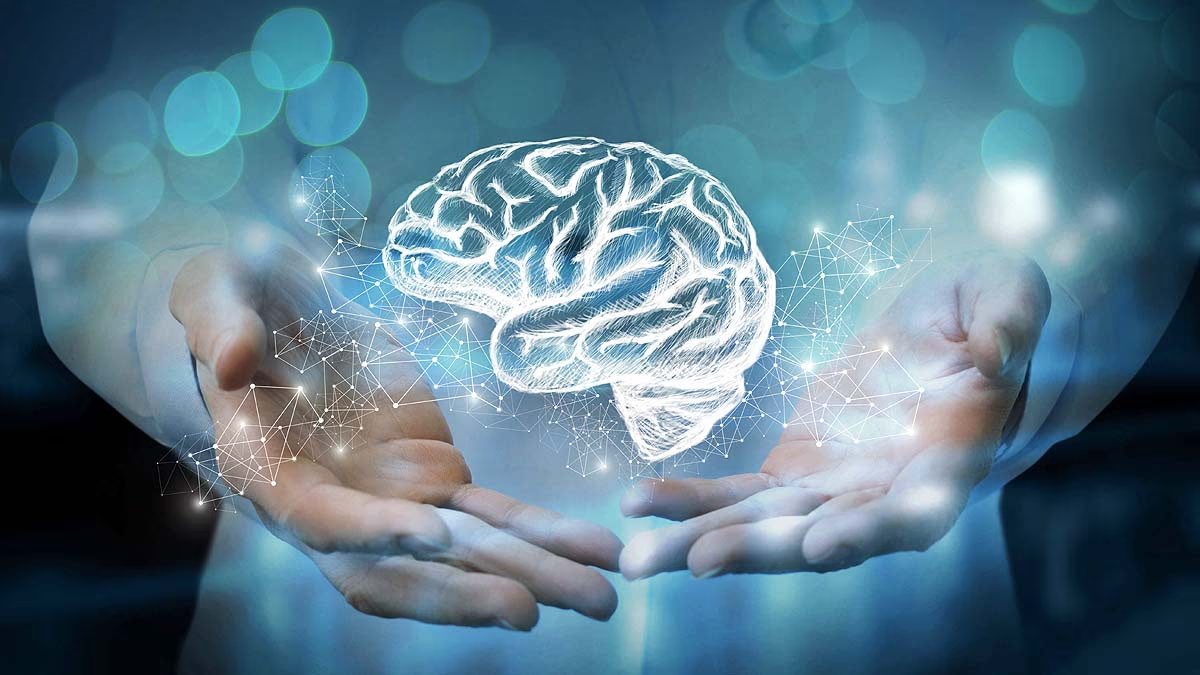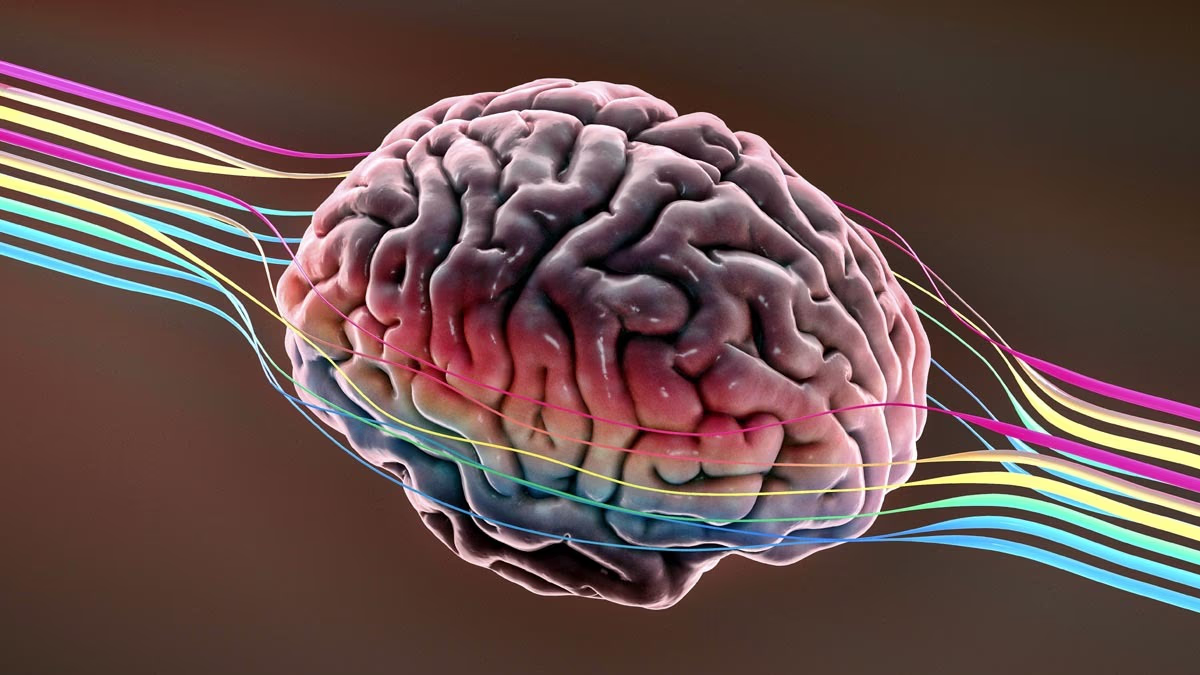Cambridge University scientists analyzed the MRI scans of 3,800 people aged 0 to 90 years. They found that our brain undergoes sudden, significant changes only four times throughout life. Remaining periods show gradual transformation. These key ages are 9, 32, 66, and 83.
The brain comprises 86 billion tiny cells known as neurons. These are interconnected with thin, white filaments (white matter), similar to electrical wiring in a house. The better and faster the connections, the quicker the brain operates—memory sharpens, and new skills are rapidly acquired.
Also Read:
As childhood winds down, the brain's wiring undergoes rapid growth and strengthening. The skills and knowledge acquired in this phase (language, math, music, sports) create footprints for life, hence the term 'Golden Period' for ages 5-10.

Source: aajtak
By this age, the brain is at its peak, optimally connected, facilitating exceptional memory, concentration, and rapid learning of new abilities. It's no wonder that leading scientists, athletes, authors, and entrepreneurs often produce their best work between ages 30-35.
Now, the brain's connections begin to thin, and learning new skills becomes slightly challenging. However, past memories and life experiences are deeply rooted, marking this time as one of wisdom and judicious decision-making.
Also Read:
Now, connections have become considerably weaker, affecting memory and raising the risk of diseases like Alzheimer's. Nevertheless, individuals who consistently engage in reading, puzzles, walking, and lifelong learning maintain sharp minds well into their 90s.

Source: aajtak
Teach numerous skills to children up to age 9.
Between ages 20-40, continue learning new languages, skills, and hobbies.
After 50, never stop reading, practicing Sudoku, or walking.
Good sleep, proper nutrition, and moderate exercise keep the brain youthful.
No matter your age, your brain remains poised for learning and transformation. Just nurture it with love and opportunities.




